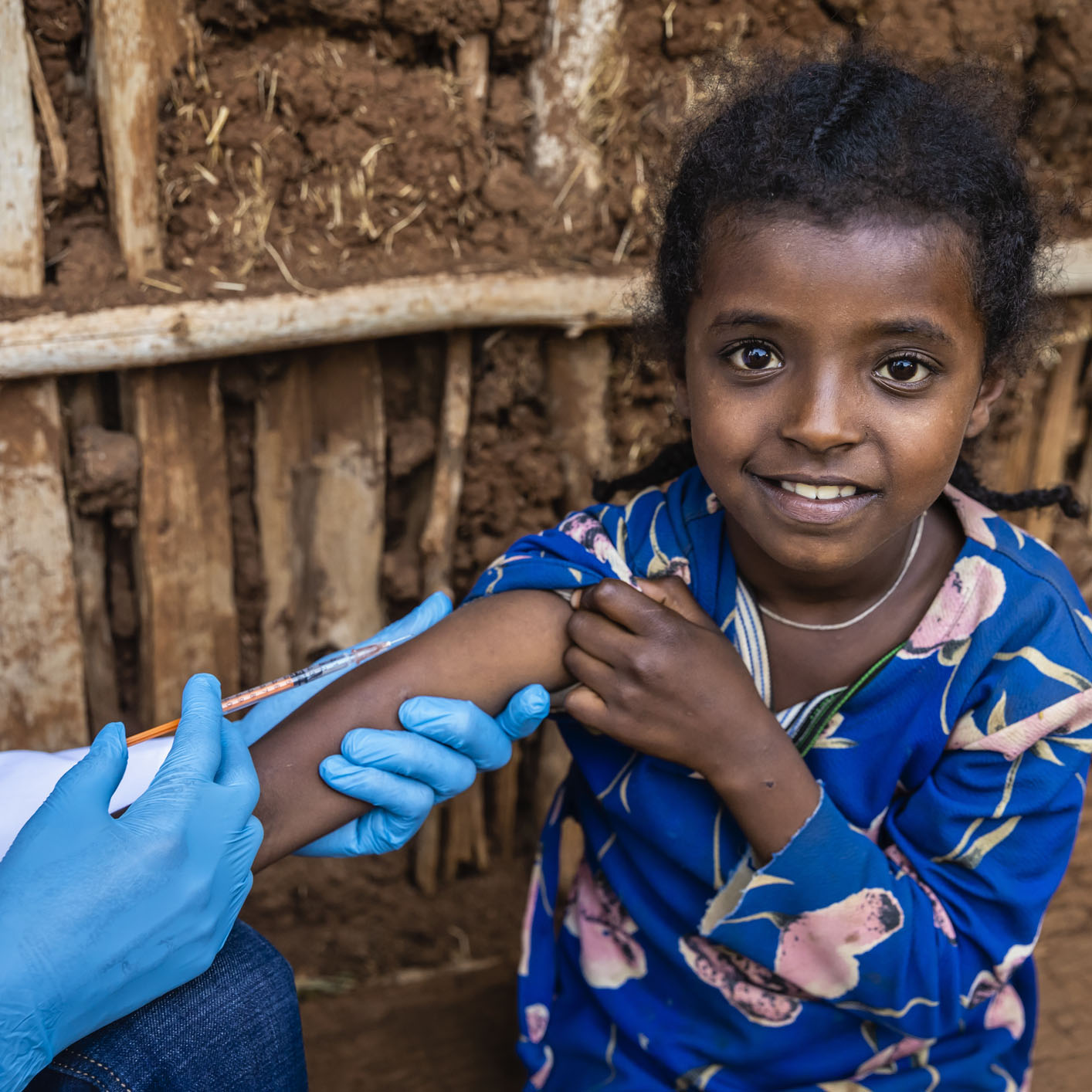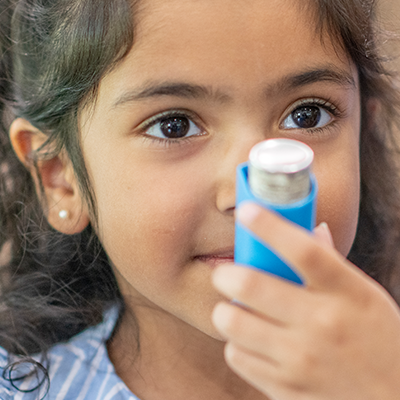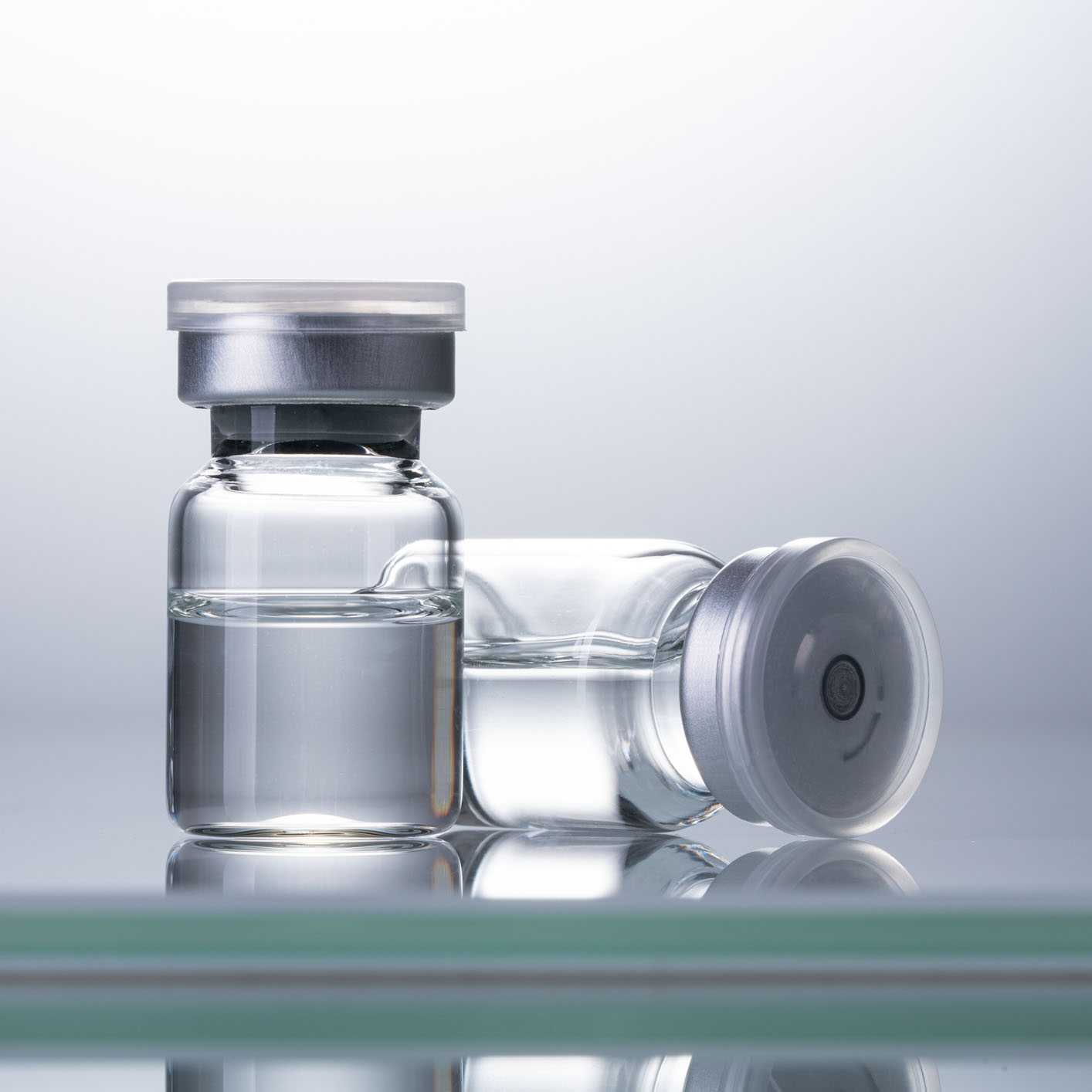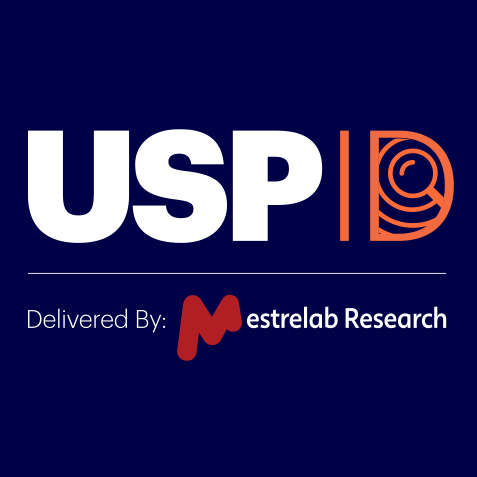USP supports the public health safety net, helping ensure the quality of medicines, dietary supplements and foods – from manufacturing to distribution to use by consumers. We facilitate the exchange of ideas and engage partners in discussing how poor-quality medicines impact today’s major public health threats. From providing training on planning and implementing risk-based post-marketing surveillance, to sharing best practices for protecting quality throughout the global supply chain, we help build the capabilities of manufacturing and regulatory systems around the world to improve medicines quality.
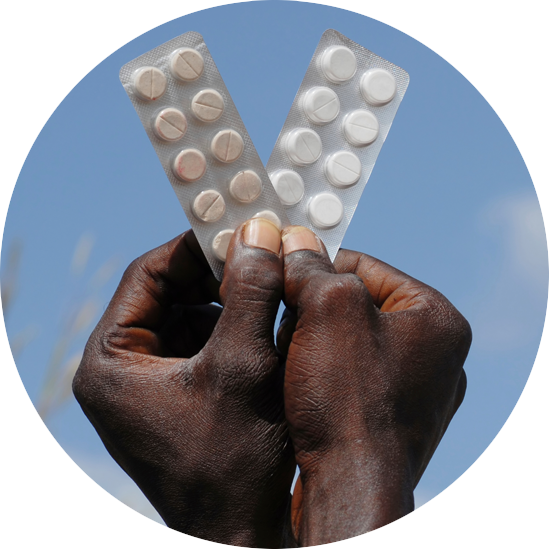
Improving medicines quality around the world
“Poor-quality and falsified medicines are a very serious public health threat in many parts of the world, delivering little or no therapeutic benefit to patients. Rather than getting better, patients can get sicker or die.
USP’s work to improve medicines quality in low- and middle-income countries is born from the same reasons that this organization was founded nearly 200 years ago. For the past 10 years, we have been proud to be an implementing partner for the Promoting the Quality of Medicines Program, funded by USAID, and proud of the work we have accomplished. As this program draws to a close in 2019, we look forward to continuing this important work, building new partnerships with USAID and others to help patients everywhere have access to the quality medicines we all deserve."

Senior Vice President, Global Health

Helping protect the global supply chain
“Protecting the integrity of the global supply chain for medical products is critically important for medicines quality and public health around the world. This year, USP was endorsed as a Center of Excellence on Quality in the Supply Chain by the Asia Pacific Economic Cooperation (APEC). USP is working with medicines regulators from the APEC member economies to share best practices, standards and guidance for protecting the supply chain within these 21 economies that border the Pacific Ocean. As part of this work, USP held a series of stakeholder meetings in Asia that provided an opportunity to share the FDA’s Roadmap for Supply Chain Integrity Toolkit, developed with USP and other partners to help APEC member economies strengthen their regulatory systems to improve medicines quality.”

Vice President, International Policy and Regulatory Affairs




